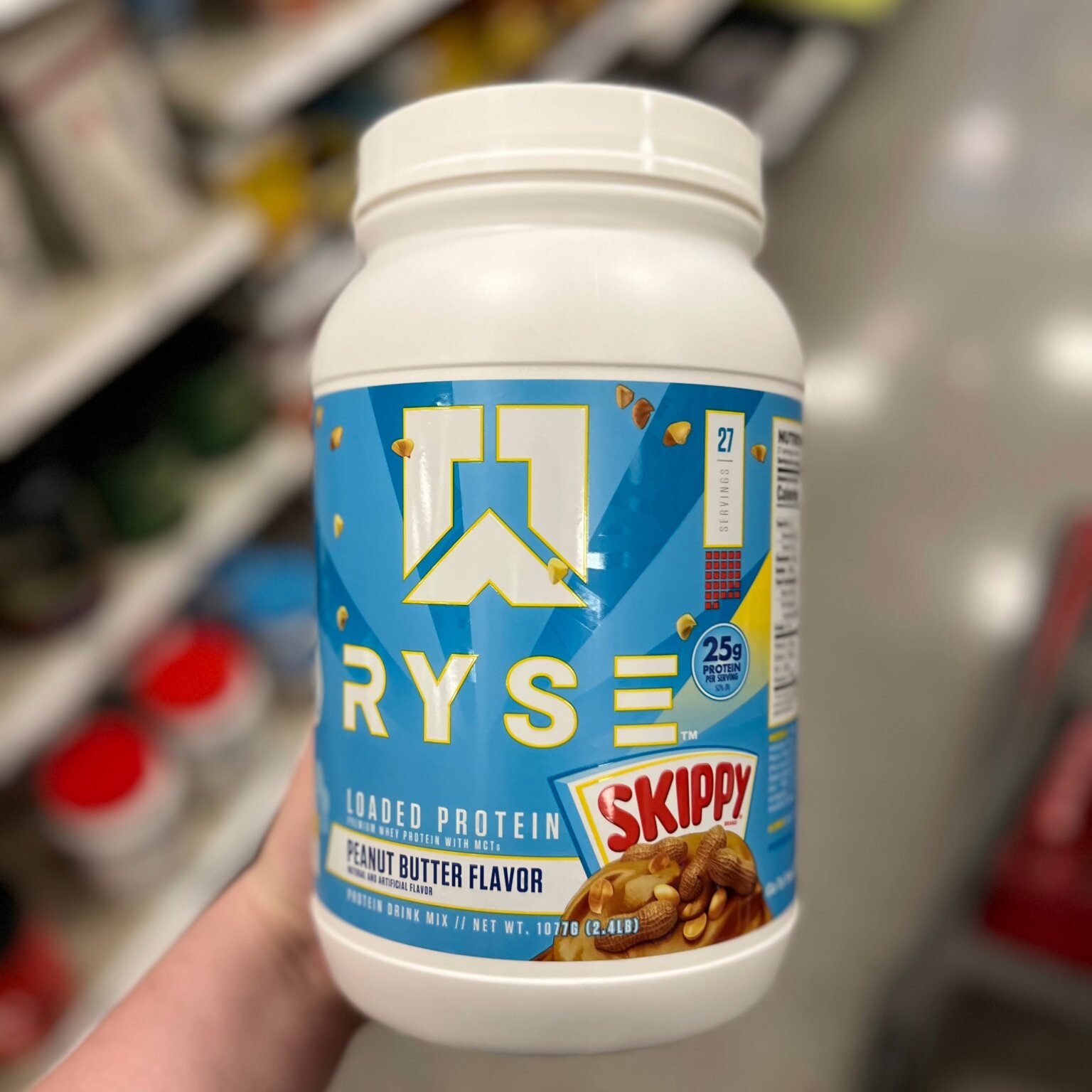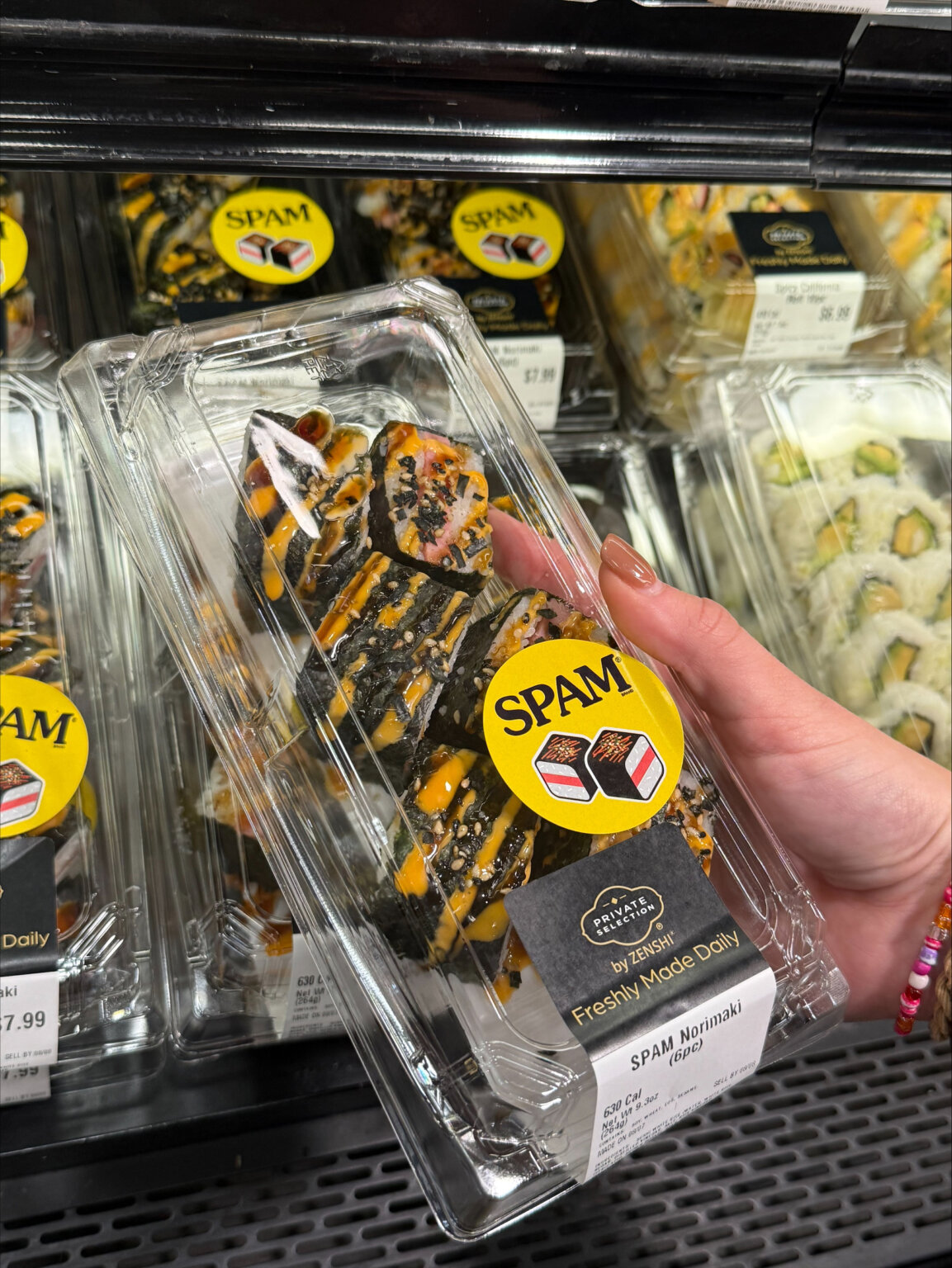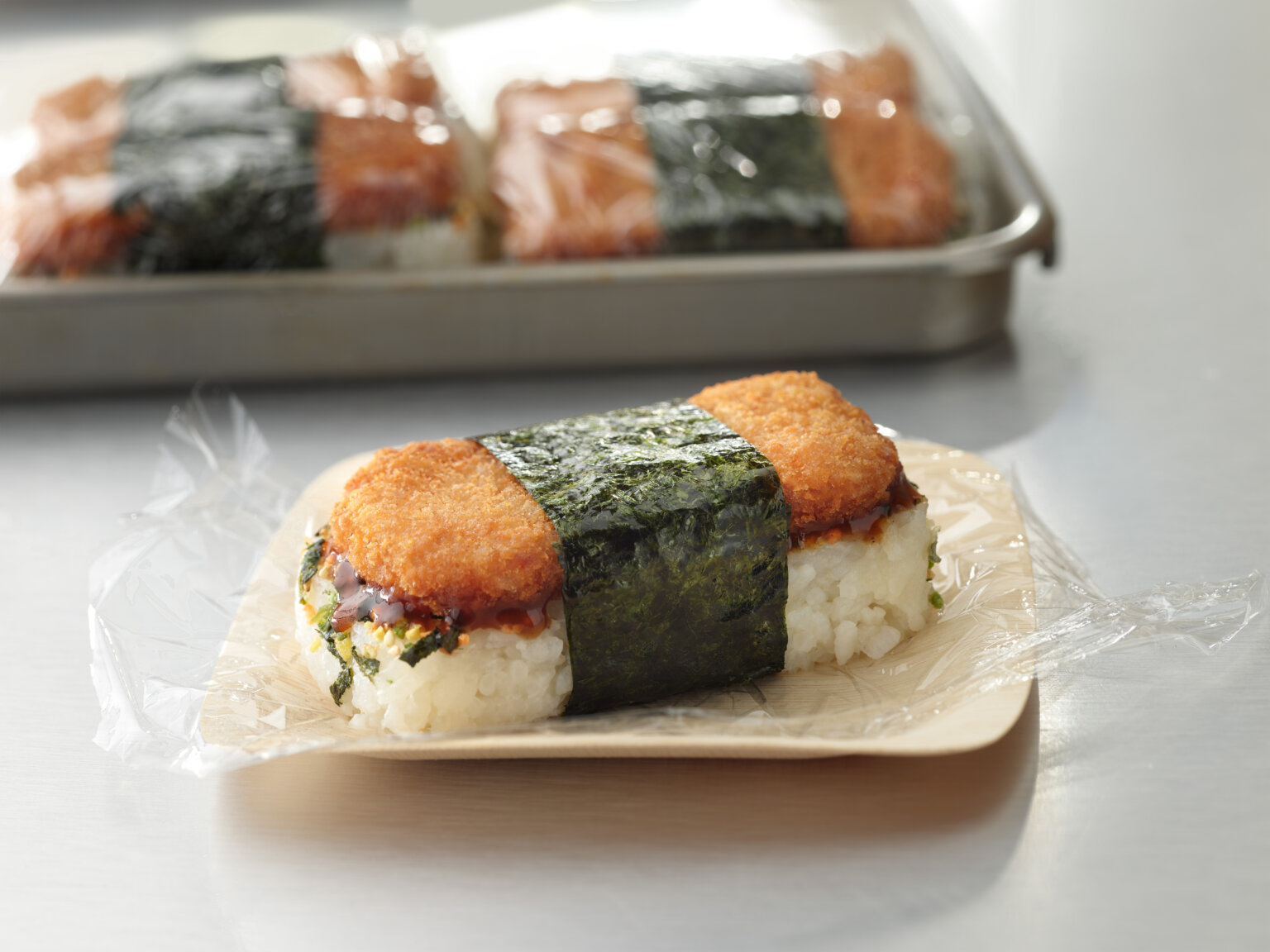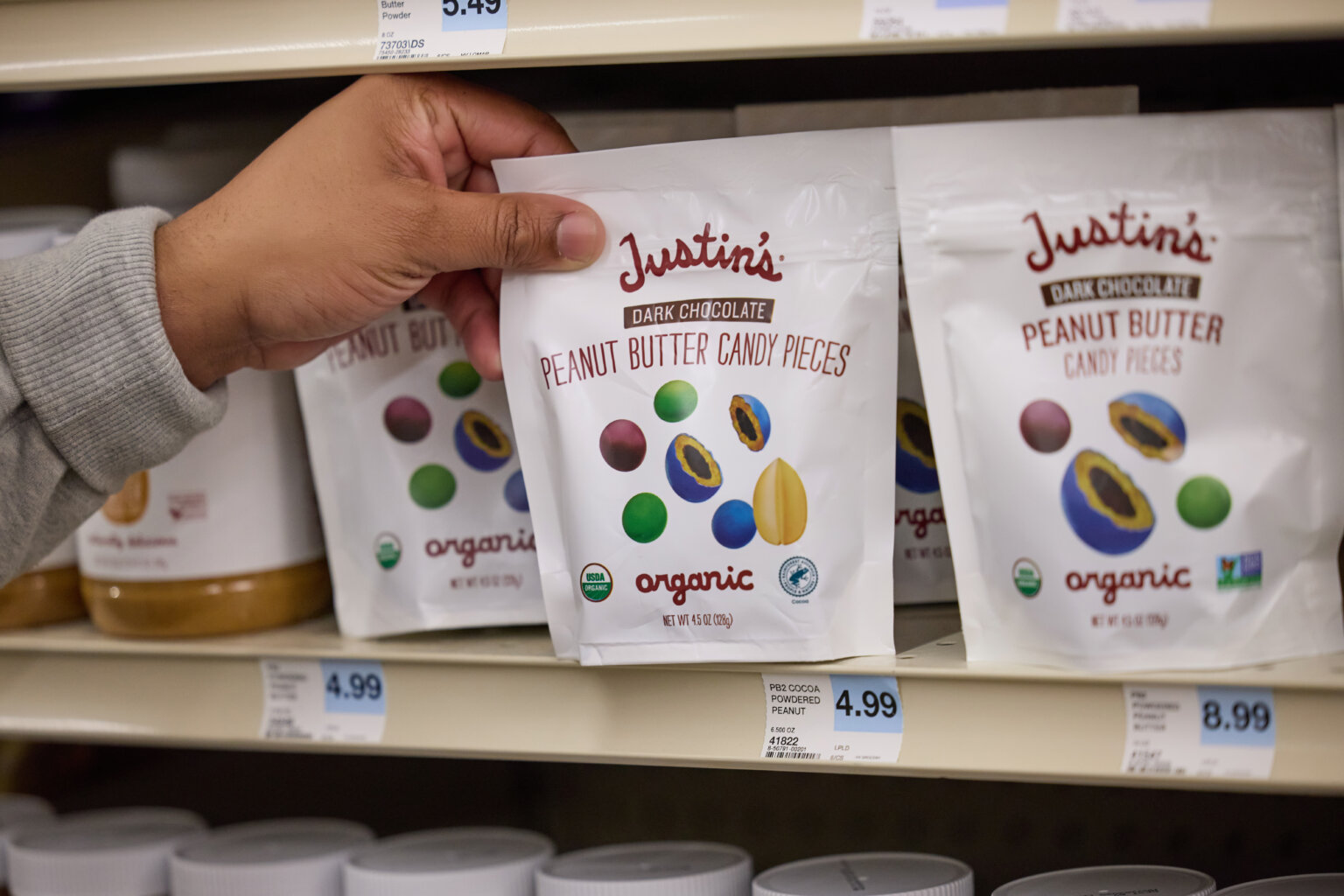This desire has led to a wave of reinvention, where legacy brands are stepping beyond the center store and into new categories, formats and even fan communities. Increasingly, brands in the Hormel Foods product portfolio are showing up in new places throughout the store such as refrigerated cases, sushi counters, wellness aisles and snack shelves. It’s part of a broader effort by Hormel Foods to evolve with the consumer, using insights, licensing strategies and retail collaborations to help its brands maintain cultural relevance.
At the heart of it all is a clear understanding of what defines the SKIPPY® brand experience. “One of the things we hear over and over again is that people love the sweetness level,” Johnson said. “It’s not too much. That feedback helps us draw the line between what fits and what doesn’t. It’s how we protect the brand.”
“I went down a deep rabbit hole watching people on social media make SPAM® musubi,” said Johnson, laughing as she recalled. “People always tell me their SPAM® stories. They’ll say, ‘I grew up on this,’ or ‘My family still makes it this way.’ And then when they try SPAM® musubi for the first time, they are often surprised by how well it goes with sushi rice and a seaweed wrap. SPAM® products offer a wonderful mix of nostalgia and discovery.”
“What we’re doing isn’t just about expanding products,” said Matt Cizik, director of corporate development at Hormel Foods. “It’s about showing up in more places where people already are and offering something that feels like it belongs there.”
Some of this product category expansion happens through licensing. Cizik describes a rigorous process: every licensed brand product must meet high standards for taste, texture, safety and packaging. In the case of the SKIPPY® brand, the peanut butter inside must come from Hormel Foods plants. “We want it to feel seamless,” said Cizik, the goal being for some consumers to discover (or rediscover) the brand through a licensed product, then circle back to buy a jar of SKIPPY® peanut butter. “That’s the goal,” he added. “You’re expanding reach, building brand love and keeping it full circle.”
“There’s real demand for these products,” Cizik said. “It’s not just a novelty.” That demand, he says, reflects a deeper affection for brands people grew up with and still feel connected to.
As legacy brands step into new formats, categories and cultural moments, the Hormel Foods approach to innovation remains rooted in listening closely to what people already love, and finding smart, relevant ways to bring its brands into new moments of daily life.
* Circana Group, 2025








